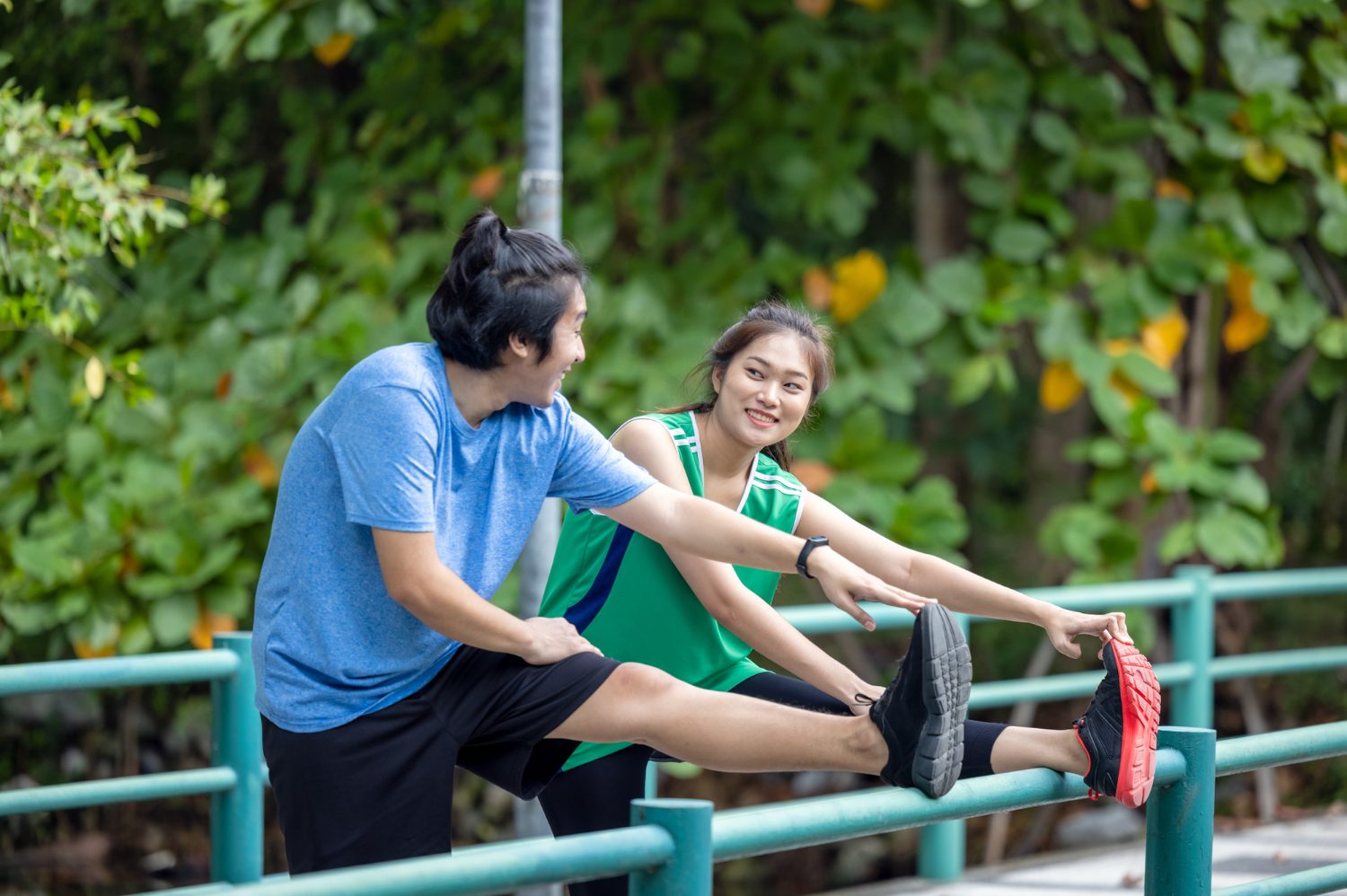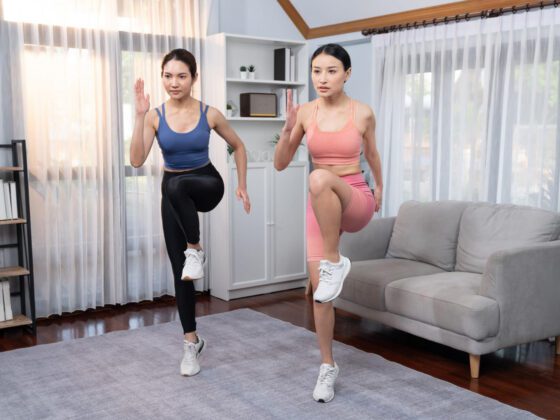Table of Contents Show
✍️ AI is summarizing:
Riding a bike is a skill most of us learn in childhood, yet it’s one we rarely forget. This remarkable ability raises an intriguing question: how do we retain such motor memories over time?
Recent research sheds light on this phenomenon, revealing the brain structures involved in storing long-term motor skills, such as riding a bike or tying shoelaces. Understanding the complexities of motor memory is crucial for comprehending how our brains learn and retain essential skills.
Related post:
- Washing a Tent? Learn the Right Way Now
- Protein for Healthy Aging: A Guide to Muscle Maintenance
- Health Benefits of Durian: Why You Should Consider This Unique Fruit
The medial temporal lobe and motor memory: An indirect role

For decades, cognitive scientists have known that the medial temporal lobe (MTL) is crucial for forming long-term declarative memories, which include explicit details like names and events. Damage to the MTL can result in significant memory loss, leaving individuals unable to recall information beyond the immediate moment.
Interestingly, despite this impairment, individuals with MTL damage can still learn and retain new motor skills, suggesting that these types of memories are stored differently in the brain.
The cerebellum: The central hub for motor memory storage
Researchers from the Harvard John A. Paulson School of Engineering and Applied Sciences (SEAS) recently explored how motor skills are remembered. Their findings indicate that, much like declarative memories, motor memories are stored in distinct brain regions. Specifically, the cerebellum serves as the central hub for long-term motor skill memories.

Maurice Smith, a professor at SEAS and principal investigator of the study, explains that the cerebellum plays a pivotal role in sensorimotor learning. “This work advances our understanding of the role of the cerebellum in sensorimotor learning and points towards its function as a gateway to forming stable memories for these skills, largely independent of short-term memory systems,” he notes.
Understanding cerebellar damage and its impact on motor memory
Previous studies have demonstrated the cerebellum’s importance in motor learning, but its role in forming short- and long-term motor memory was less clear. To investigate further, Smith and postdoctoral fellow Alkis Hadjiosif reviewed existing studies on motor learning in patients with cerebellar damage. They found inconsistencies in the severity of motor learning impairments, leading them to hypothesize that these variations were linked to the intervals between practice trials, termed the “memory window.”

Their research revealed that longer intervals between trials increased reliance on long-term memory, which could be impaired in individuals with cerebellar damage. By analyzing data from past studies, they discovered that patients with severe cerebellar issues performed relatively well in tasks with short intervals but struggled significantly with longer intervals.
Rehabilitation strategies: Improving motor memory after injury
Understanding the cerebellum’s role in motor memory formation has profound implications for rehabilitation. Traditional approaches that do not differentiate between short- and long-term memory strategies may need to be reevaluated. Tailoring rehabilitation exercises to focus on shorter training intervals could leverage preserved short-term memory capabilities, thereby enhancing motor recovery in patients with cerebellar impairments.
Future research directions: Exploring new frontiers in motor memory

This research opens several avenues for future exploration into motor skill memories. Investigating how neural plasticity can aid long-term skill formation, even with cerebellar deficits, is one promising pathway. Additionally, examining how other brain regions might compensate for cerebellar impairments could lead to new therapeutic targets.
Conclusion
In conclusion, the insights gained from this study not only deepen our understanding of motor memory but also emphasize the brain’s remarkable capacity for adaptation. As we continue to explore the intricacies of learning and memory, each discovery brings us closer to unlocking the full potential of rehabilitation and cognitive recovery.
Understanding how we remember to ride a bike is just one piece of the complex puzzle of human memory. Follow our official Facebook page now to receive more interesting information.











